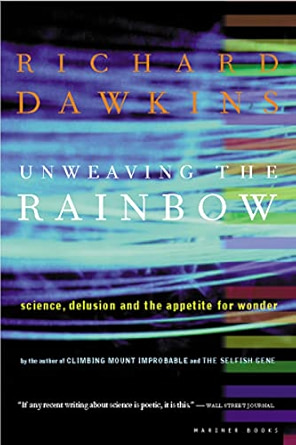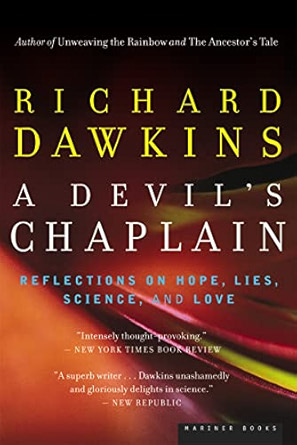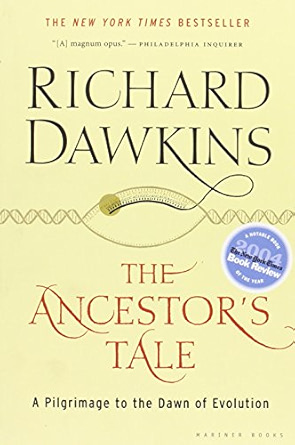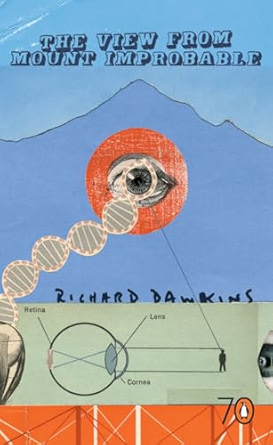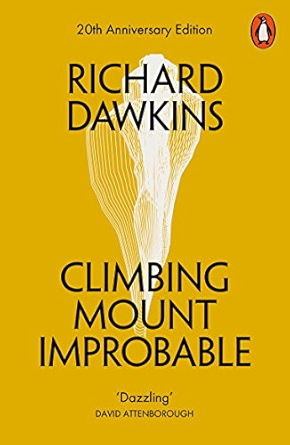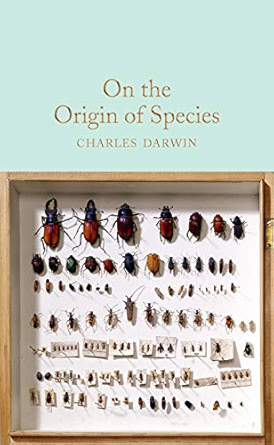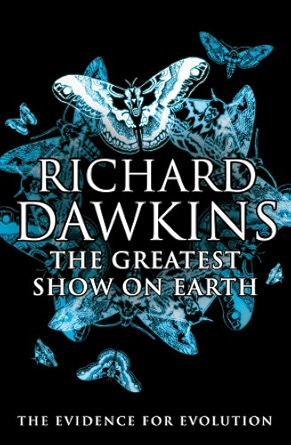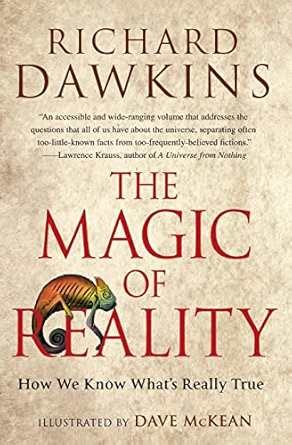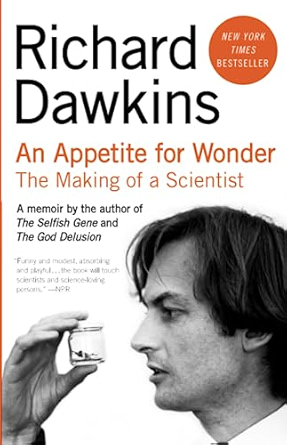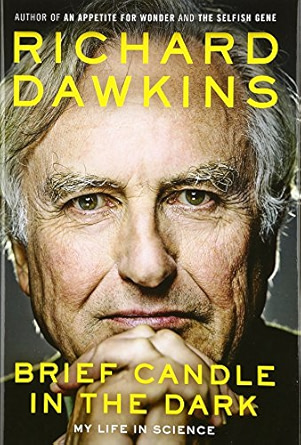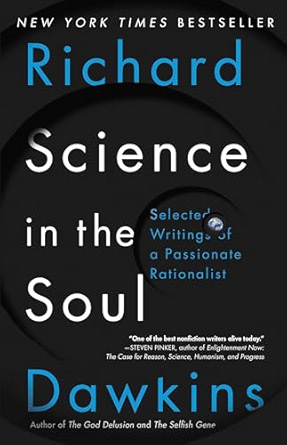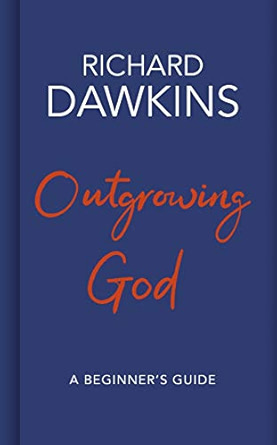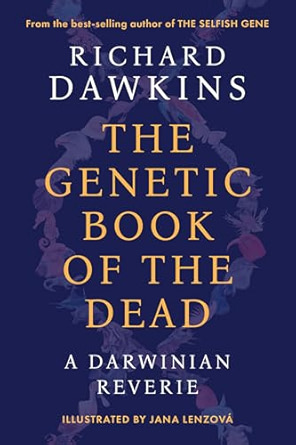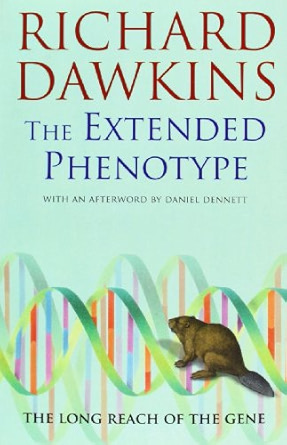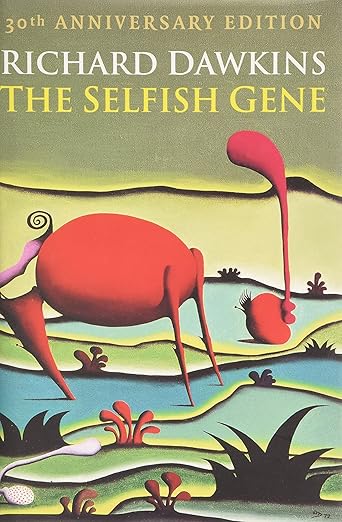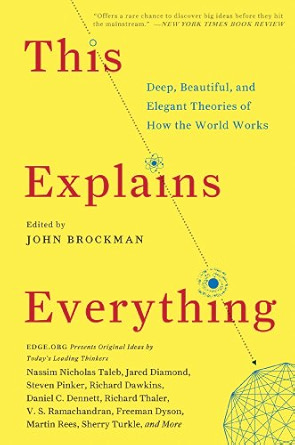Richard Dawkins Books in Order
This reading order guide provides the complete list of Richard Dawkins books in order, from the very first to the latest, so you won’t miss anything!
Richard Dawkins is one of the most influential science writers of our time. Known for his groundbreaking work in evolutionary biology and his fearless critiques of religion, Dawkins has sparked curiosity, debate, and sometimes controversy across the globe. Born in 1941 in Nairobi, Kenya, during the turbulence of World War II, his early years were shaped by both the wonders of nature and the complexities of a world at war. His family returned to England in 1949, where Dawkins would later attend the University of Oxford. It was there, at Balliol College, that his academic journey truly began. He earned a degree in zoology in 1962, followed by a Master’s and Doctorate under the mentorship of renowned ethologist Nikolaas Tinbergen.
But Richard Dawkins is not just a scientist hidden away in a lab. He is a communicator, a storyteller, and an advocate for reason. His voice has reached millions through books, interviews, lectures, and documentaries. What sets Dawkins apart is his ability to take complex scientific ideas and explain them in ways that are both accessible and deeply thought-provoking. He doesn’t shy away from difficult questions—whether they involve evolution, religion, or the meaning of life itself.
In 1976, Dawkins published The Selfish Gene, a book that would forever change the way people think about evolution. Instead of focusing on the individual organism, he shifted the lens to the gene, arguing that genes are the real drivers of evolutionary change. This was a radical idea at the time, but it helped the public see evolution through a sharper and more elegant lens. It was also in this book that Dawkins introduced the now-famous term “meme”—an idea or behavior that spreads from person to person, much like a gene spreads in a population. This single concept would later influence entire fields such as psychology, sociology, and even internet culture.
Throughout his career, Dawkins continued to explore the power of genes and natural selection. His 1982 book The Extended Phenotype went even deeper, showing how a gene’s influence can stretch far beyond the body of the organism itself. For example, a beaver’s dam or a spider’s web could be considered part of the animal’s extended phenotype—structures shaped by genes to influence the environment in ways that promote survival.
By the time The Blind Watchmaker came out in 1986, Dawkins was not only a respected scientist but also a passionate defender of Darwinian evolution. The book is a powerful response to the argument that life is too complex to have evolved without a designer. With precision and patience, Dawkins explains how cumulative natural selection—tiny changes built up over time—can produce structures as intricate as the human eye or the wings of a bird. For readers new to evolution, it served as a mind-opening journey into the logic of life.
Beyond biology, Dawkins has been one of the most outspoken public atheists in the world. His 2006 bestseller The God Delusion challenges the validity of religious belief with the same logical clarity he brings to science. In it, he argues that faith in a supernatural creator is not only unsupported by evidence, but also potentially harmful to society. He explores how religion has been used to justify war, discrimination, and the suppression of knowledge. While the book has sparked controversy, it has also empowered many readers to question inherited beliefs and embrace critical thinking.
In the same year The God Delusion was published, Dawkins also launched the Richard Dawkins Foundation for Reason and Science. The foundation’s mission is to promote secularism, scientific literacy, and rational thought—values Dawkins has championed throughout his life. He believes that knowledge, not superstition, is what helps humanity grow. And he has dedicated his career to making science not only understandable but exciting for readers of all ages.
Over the decades, Dawkins has received numerous academic and literary awards, including honors from the Royal Society and the British Academy. He’s appeared regularly on TV, radio, and online platforms, always eager to engage in public conversations about science, society, and belief. Whether he’s discussing genetics with fellow scientists or debating theology with religious leaders, Dawkins brings a sharp mind and a clear voice to every discussion.
Today, Richard Dawkins remains a vital figure in both science and culture. His books continue to inspire new generations of thinkers, students, and curious minds. For those exploring the fascinating intersection of biology, philosophy, and reason, his works offer not only knowledge but also the thrill of discovery. If you’re diving into Dawkins’ bibliography, you’re not just reading books—you’re embarking on a journey through the story of life itself.




